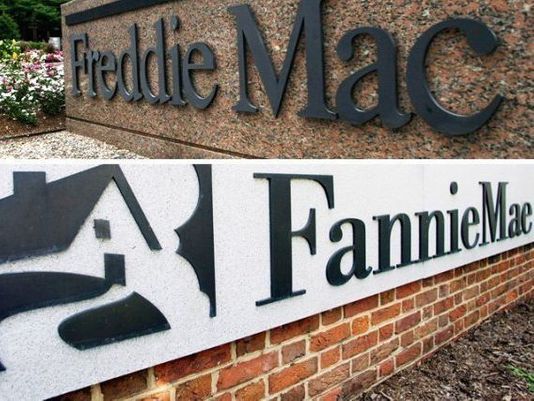To help keep borrowers with coronavirus-related hardships current on their mortgage payments, the Federal Housing Finance Agency announced a new deferral option starting July 1.
Once able, eligible homeowners can return to paying their prepandemic monthly totals and add up to 12 months of missed payments to the end of their loan term. The deferred sums to be repaid include principal, interest and escrow advances. Borrowers will not have to make the missed payments in a lump sum.
“For homeowners in forbearance due to COVID-19, payment deferral allows them to make up missed forbearance payments when they sell their home or refinance,” FHFA Director Mark Calabria said in a press release. “This new forbearance repayment solution responsibly simplifies options for homeowners while providing an additional tool for mortgage servicers. Borrowers who can pay their mortgage should, because missed payments remain an obligation that will ultimately have to be repaid.”
In April, state attorneys general urged the FHFA to expand payment help options. Distressed borrowers bombarded the Consumer Financial Protection Bureau with a record number of complaints during the month in regards to unwanted forbearance plans and refusal of deferments. A recent report showed servicers could have to absorb anywhere from $3 billion to $13 billion per month in the case of payment suspensions.
Fannie Mae and Freddie Mac announced assistance plans shortly after the economic impacts of the virus took hold. However, that was before everyone realized the true vastness of the pandemic.
“Our main focus continues to be finding new and innovative ways to help borrowers and their families during this pandemic,” said Donna Corley, executive vice president and head of Freddie Mac’s single-family business. “Our payment deferral solution adds another tool to our toolbox to help homeowners pick up where they left off once they’ve recovered from a short-term financial hardship.”
Of course, this is all contingent on borrowers’ meeting criteria to qualify for the COVID-19 repayment plans through servicer evaluation.
Dan Berger, president and CEO of the National Association of Federally-Insured Credit Unions, said the new program gives homeowners financial flexibility.
“This policy change would also allow credit unions to preserve liquidity to lend to those in need, instead of being required to buy back loans from the GSEs,” he said. “NAFCU welcomes this policy change as it helps homeowners and preserves the safety and soundness of credit unions and the mortgage industry.”
Source: nationalmortgagenews.




